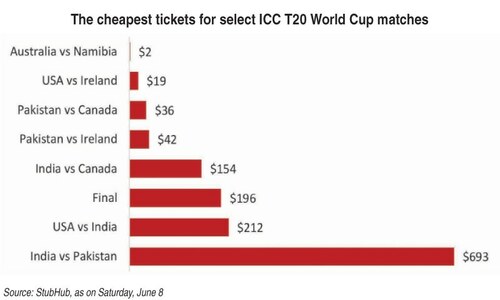KATHMANDU: Just a few years ago, Nepal’s royal family looked consigned to the history books. A palace massacre by an unhinged crown prince in 2001, in which the king and eight members of his family were killed, was followed seven years later by the abolition of the monarchy by a Maoist-dominated special legislative assembly.
But the Himalayan nation’s political and economic fortunes have dipped alarmingly since then, opening a window of opportunity for die-hard supporters of the monarchy to stage a comeback.
The Rastriya Prajantantra Party Nepal, a royalist group led by Kamal Bahadur Thapa, who was interior minister at the height of anti-monarchy protests, has found a way back into the political fray with a strident campaign to once again make Nepal the world’s only Hindu state.
“Our main agenda is a Hindu state with a constitutional monarchy,” said Thapa. “The monarchy should be the last custodian of the country during the times of crisis.”
“We want Nepal to be a Hindu nation where all religions will co-exist, all religions will be free and equal. There will be no discrimination on the basis of religious beliefs,” he said.
India, which lies to landlocked Nepal’s south, east and west, also has a Hindu majority but is secular. China is on the north giving fragmented and impoverished Nepal a key strategic position between Asia’s two giants.
The royalists’ new-found clout could further complicate the struggle to build a stable democracy in a country that is riven by the competing agendas of Maoists, centrist groups and regional parties. Nepal has not had a constitution or a stable government since the overthrow of the monarchy.
More than 81 per cent of Nepal’s 27 million people are Hindus. For more than two centuries Nepal was ruled by Hindu monarchs of the Shah dynasty.
In 1990, King Birendra began dismantling his absolute power after pro-democracy protests, but the monarchy fell apart when his son Dipendra killed his parents, siblings and other royals in a drug-fuelled rage.
Birendra’s brother Gyanendra, who was not in the palace at the time of the massacre, was forced out by a popular uprising some years later. As Maoist rebel fighters laid down their arms to join the political mainstream, Nepal was declared a secular republic.
“It’s the monarchy that has kept this country united, generations of them,” said Keshar Bahadur Bista, a former education minister and number two in the royalist party.
“We have never been occupied, we are proud of it. Even a big country like India has been repeatedly occupied. But now the Maoists are trying to divide us in the name of race, religion.”
The royalist party emerged as the fourth-largest behind the three main political formations in elections held last month to a 601-member assembly that will draft a charter to guide Nepal’s future after a failed attempt by a previous assembly.
The emergence of the royalists as a right-of-centre force to be reckoned with puts them on a collision course with the Maoists.
”The monarchy has ended in Nepal for ever. It cannot come back,” said Devendra Paudel, a senior Maoist leader.
For the Maoists, the state had no business to be in religion and they believed that the faster it stepped out, the better Nepal’s prospects as a modern republic. For the royalists, a Hindu state is central to Nepal’s national identity.
Ramesh Nath Pandey, a former foreign minister in the king’s cabinet, said overturning Nepal’s Hindu identity was ill-conceived and a decision taken in the heady moments of the collapse of the monarchy.
”We cannot go back to exactly what it was. But our problem is we don’t have a leadership, a custodian of national interest in the way the monarchy was, the last line,” Pandey said.—Reuters












































Dear visitor, the comments section is undergoing an overhaul and will return soon.